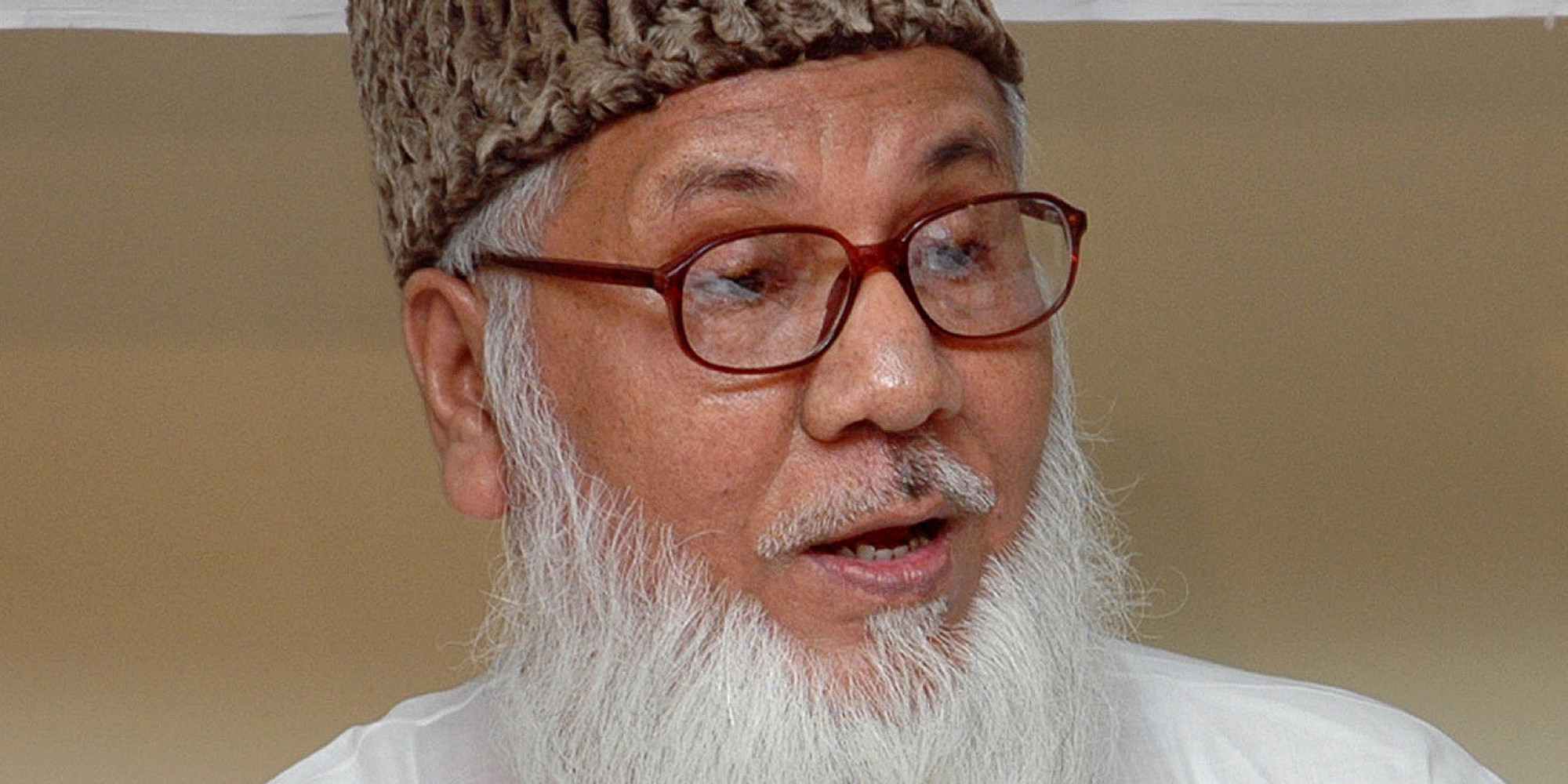Pakistan Backtracks On 'Non Interference', Voices 'Serious Concern' on Bangla JI Chief's Death Sentence
Bangla JI chief Motiur Rahman Nizami

NEW DELHI: Pakistan has issued a strongly worded statement expressing “serious concern” over a Dhaka special tribunal’s death sentence to Jamaat-e-Islami (JI) Bangladesh chief Motiur Rahman Nizami. The statement was in contradiction to an earlier position adopted by Pakistan’s Foreign Office that maintained non-interference over what it termed as Dhaka’s “internal matter.”
On Saturday, a statement by Pakistan’s Interior Minister Chaudhry Nisar Ali Khan said, “Though what happens in Bangladesh is that country’s internal matter, Pakistan cannot remain divorced from references to 1971 and its aftermath –almost 45 years after those tragic chain of events, the Bangladeshi government still seems to be living in the past and totally ignoring the time-tested virtue of forgive and forget.”
It added: “One fails to understand why the Bangladeshi government is hell bent upon digging the graves of the past and reopening old wounds. It seems obvious to any independent observer that the recent events in Bangladesh are a manifestation of serious political violations, which are being inflicted on JI Bangladesh for events before the separation of Bangladesh,” the interior minister said. The minister added that he was “deeply saddened to receive this shocking news and believe that the government of Bangladesh has misused the process of law as a political tool against the JI leader.”
The statement was in contrast to a position by the Foreign Office, that on Thursday has said, “We are mindful of the developments in Bangladesh. While we do not comment on the internal matters in other countries, we have noted the comments and reports of international community and the human rights organisations about the trial processes.”
The Interior Ministry’s statement comes at a time when the Pakistan Muslim League - Nawaz (PML-N) is trying to win JI Pakistan’s political support. The JI Bangladesh was established by the JI Pakistan -- which opposed Bangladesh’s independence in 1971 -- in 1975, and the two retain close ties. JI Pakistan’s political backing is important to the PML-N, as Pakistan remains straddled with a political crisis following protests by the Pakistan Tehreek-i-Insaf (PTI) and Pakistan Awami Tehreek (PAT).
Nizami was given the death penalty on four charges of war crimes, including the killings of intellectuals at the end of the 1971 Bangladesh Liberation War. The International Crimes Tribunal also found Nizami guilty of eight of the 16 charges levelled against him stating that while claiming to be an Islamic scholar, he had misinterpreted the Quran to encourage his followers to indulge in genocide. The trial has been on for 40 years, reaching a conclusion now.
Further, since then, the Dhaka tribunal sentenced another top JI leader -- Mir Quasem Ali -- to death, proving ten out of 14 charges and awarding the death penalty based on two charges.



